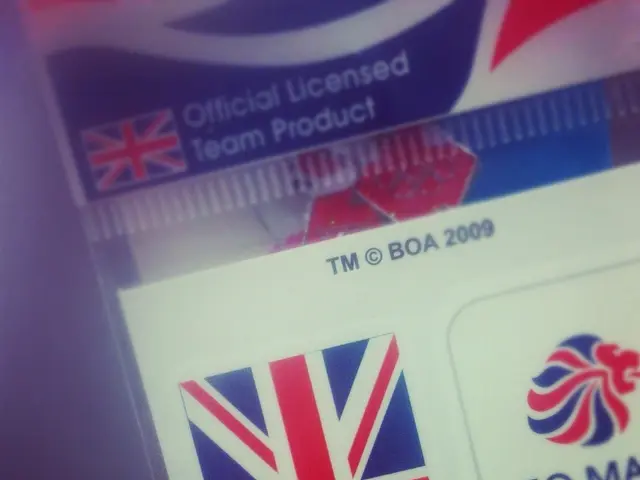Strategies for Bipolar Disorder Self-Management: Mastering the Affliction
In the management of bipolar disorder, a psychiatrist may provide medication, stress-reduction techniques, or a combination of both to help individuals cope with the condition.
Bipolar disorder is characterised by intense manic episodes, which may include racing thoughts, increased energy, and unpredictable behaviour, as well as depressive episodes marked by feelings of sadness, hopelessness, and suicidal thoughts. Warning signs of a manic episode can also include increased energy, racing thoughts, and feelings of being powerful or important, while warning signs of a depressive episode may include feelings of sadness, difficulty sleeping, and a lack of interest in activities.
Identifying these warning signs is a crucial part of self-care, which can be facilitated through various means. Keeping a journal or using apps like MoodFit to track moods, energy levels, sleep, and behaviour patterns can help individuals stay aware of their mental health and potential triggers.
Self-care is an essential component of treatment for bipolar disorder, helping individuals feel more in control and potentially preventing escalation into mania. Regular, vigorous exercise such as swimming or jogging can help improve a person's mood, reduce symptoms of anxiety and depression, and improve sleep. Maintaining a schedule for regular exercise and healthy eating provides structure and improves a person's mood. Meditation, breathing exercises, and progressive muscle relaxation (PMR) are stress-reduction techniques that can also be beneficial.
Mental health services can be found through various channels. The Substance Abuse and Mental Health Services Administration (SAMHSA) offers an online treatment locator, while texting a ZIP code to 435748 can provide information about local services. The Depression and Bipolar Support Alliance (DBSA) helps people locate support groups in their area, including Cultural and Identity-Focused Support Groups.
The National Alliance on Mental Illness (NAMI) provides resources for peer-led support groups and offers guidance on creating a wellness recovery action plan. Planning for potential crises while feeling well is an important self-care strategy, which may involve creating a wellness recovery action plan with NAMI. This plan should include contact details of mental health professionals, friends or family, emergency services, and local crisis centers.
In addition to self-care, a psychiatrist can treat bipolar disorder with medication and psychotherapy. Medication may include mood stabilizers, antidepressants, medication to treat anxiety and difficulty sleeping, anticonvulsants, and atypical or second-generation antipsychotics.
For those in crisis, resources are available. The National Suicide Prevention Lifeline is available at 988, while the 988 Suicide & Crisis Lifeline (call or text 988) and the National Suicide Prevention Lifeline (800-273-TALK or 8255) are also options. In emergency situations, individuals can contact emergency services (call 911 or the local emergency number).
Loved ones can play a crucial role during an episode of mania, helping keep the person safe or contacting mental health or emergency services if necessary. The German Society for Bipolar Disorders (DGBS) offers counseling, support, and self-help resources for people with bipolar disorder and their relatives, including nationwide self-help group networks. The Independent Patient Counseling Foundation (UPD) provides free, low-threshold, and barrier-free regional counseling centers across Germany, aiming to have at least one site in every federal state by 2026.
A 2017 study found that self-care may help improve quality of life and reduce symptoms of stress, anxiety, and depression in people with bipolar disorder. Eating well and exercising regularly can also help limit weight gain, a common side effect of medications to treat bipolar disorder.
In conclusion, managing bipolar disorder requires a combination of self-care, medication, and therapy, as well as the support of loved ones and mental health professionals. By staying aware of warning signs, maintaining a healthy lifestyle, and seeking help when needed, individuals with bipolar disorder can improve their quality of life and manage their condition effectively.
Read also:
- Eight strategies for promoting restful slumber in individuals with hypertrophic cardiomyopathy
- Exploring the Strength of Minimally Digestible Diets: A Roadmap to Gastrointestinal Healing
- Secondhand Smoke: Understanding its Nature, Impact on Health, and Additional Facts
- Overseeing and addressing seizure-induced high blood pressure complications in pregnancy, known as eclampsia







